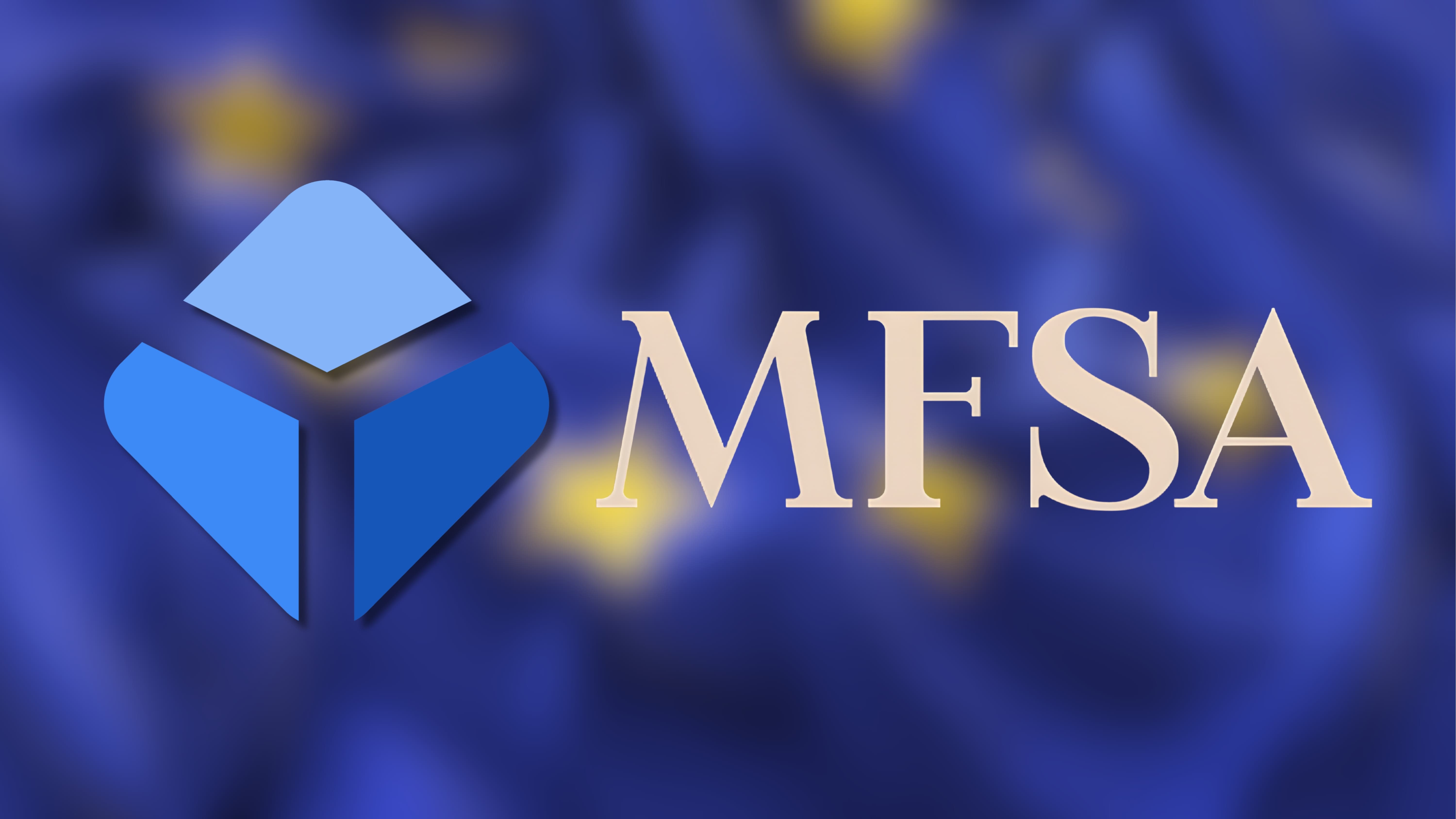The New York Police Department is facing a lawsuit from the Surveillance Technology Oversight Project (S.T.O.P.), which accuses it of running an invasive citywide surveillance network built with Microsoft technology.
The system, known as the Domain Awareness System (DAS), has operated since 2012 and connects more than a dozen surveillance tools, including video cameras, biometric scanners, license plate readers, and financial analytics, into one centralised network. According to court filings, the system collects location data, social media activity, vehicle information, and even banking details to create ‘digital profiles’ of millions of residents.
S.T.O.P. argues that the network captures and stores data on all New Yorkers, including those never suspected of a crime, amounting to a ‘web of surveillance’ that violates constitutional rights. The group says newly obtained records show that DAS integrates citywide cameras, 911 and 311 call logs, police databases, and feeds from drones and helicopters into a single monitoring platform.
Calling DAS ‘an unprecedented violation of American life’, the organisation has asked the US District Court for the Southern District of New York to declare the city’s surveillance practices unconstitutional.
This is not the first time Microsoft’s technology has drawn scrutiny this year over data tracking and storing, its recently announced ‘Recall’ feature also raised alarm over potential privacy issues.
Would you like to learn more about AI, tech and digital diplomacy? If so, ask our Diplo chatbot!










